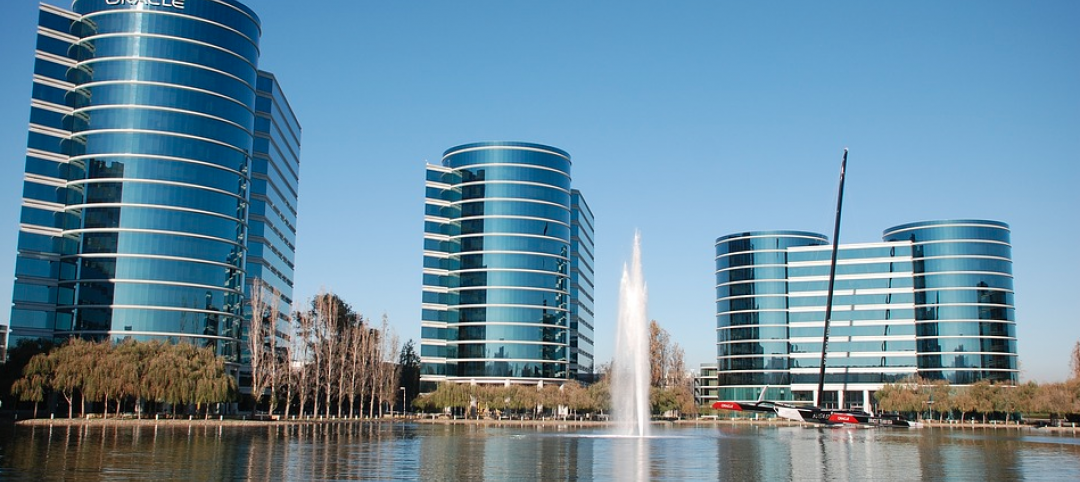Cities and states should mandate retrofits of inefficient buildings in order to meet the climate crisis, according to a new report by the American Council for an Energy-Efficient Economy (ACEEE).
Jurisdictions can require buildings to meet standards that cap their energy use or carbon emissions, the report says. If applied to two-thirds of existing buildings, these standards could reduce carbon emissions in 2050 by more than current annual emissions from all buildings, power plants, and vehicles in New York State. At current rates, however, most offices and homes will not be retrofitted for decades or even centuries.
“We have lots of good voluntary programs that help building owners improve energy efficiency, but the truth is they’re just not nearly enough when you look at the climate math,” said Steven Nadel, report co-author and executive director of ACEEE. “Most buildings today are going to be in use for decades to come. If we don’t put any limits on the carbon they’re responsible for, we’ll be locking in terrible climate impacts. Building performance standards are an effective response because policymakers set overall limits and let the building owners decide which upgrades they’re going to implement to meet them.”
The report calls on jurisdictions that set such policies to devote resources to educating building owners and managers, providing technical assistance, offering financing and incentives, and ensuring effective enforcement.
Related Stories
Codes and Standards | Jun 5, 2018
Sports stadiums and arenas showcase sustainability features
Green venues save owners money, gain positive publicity.
Codes and Standards | Jun 4, 2018
L.A. must transition to cleaner energy, boost transit to reach sustainability goals
City aims to reduce GHGs 60% by 2035 and 80% by 2050.
Codes and Standards | Jun 4, 2018
Washington D.C.’s flattened skyline can be a virtue
Zoning ordinance that ties building heights to width of streets dictates form.
Codes and Standards | May 30, 2018
Silicon Valley cities considering taxes aimed at large employers
The aim is to offset the impact on housing costs and homelessness by tech companies.
Codes and Standards | May 30, 2018
OSHA proposes new crane operator safety rule
Would provide long-term clarity on certification requirements.
Codes and Standards | May 29, 2018
Government support helping to drive demand for green building materials
Market projects to grow 12.5% annually between 2013 and 2019.
Codes and Standards | May 24, 2018
‘Amazon tax’ could slow Seattle’s construction boom
City imposes employer head count tax to fund affordable housing.
Codes and Standards | May 23, 2018
AAMA releases 2017/2018 fenestration market studies
Offers forecasts of industry trends.
Codes and Standards | May 22, 2018
Registration open for 2018 National Energy Codes Conference
U.S. Department of Energy event to be held July 15th-17th in Austin.
Codes and Standards | May 21, 2018
New standard tests quietness of floors
ASTM International method will help manufacturers test their flooring materials.

















